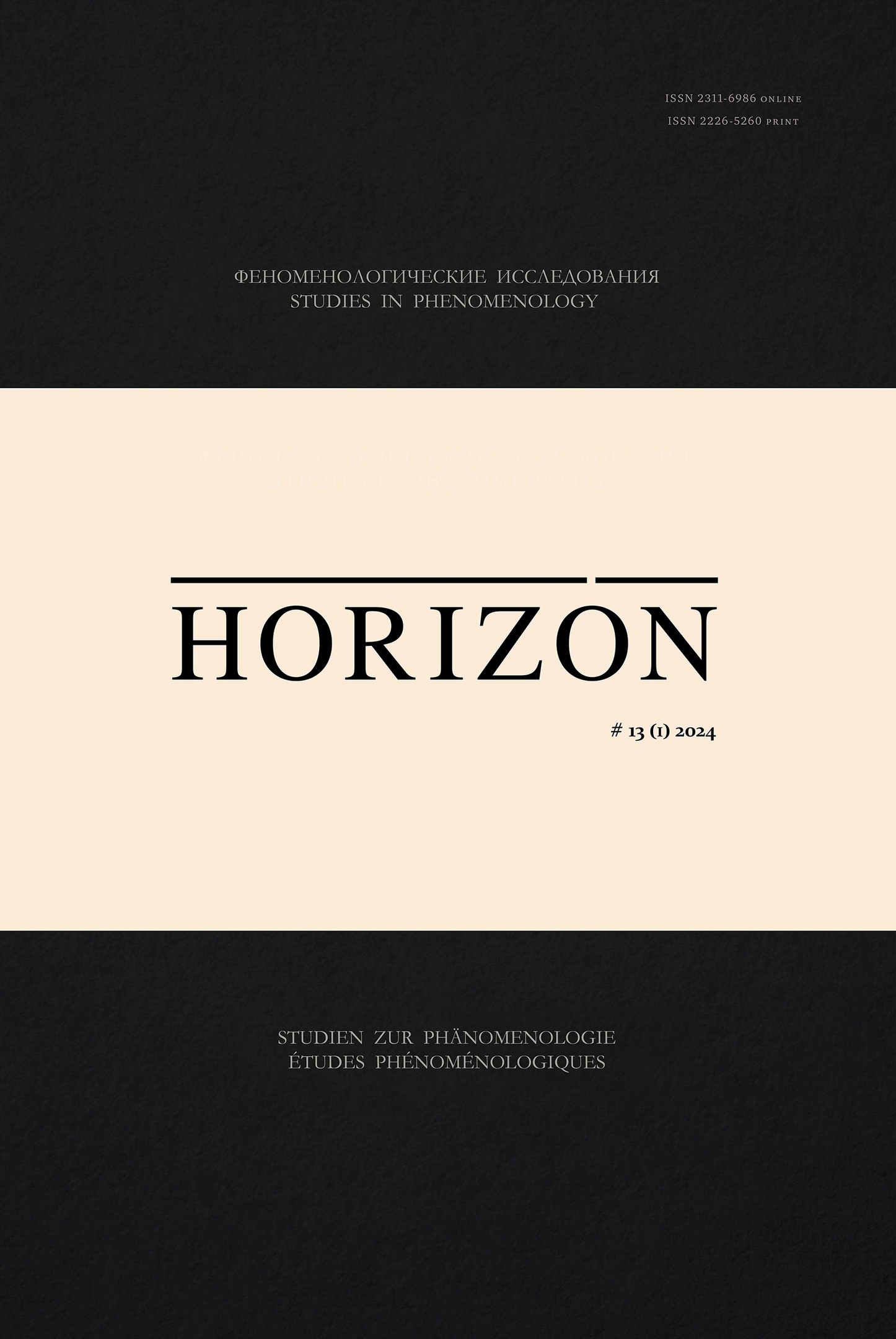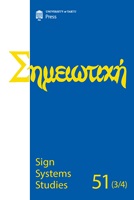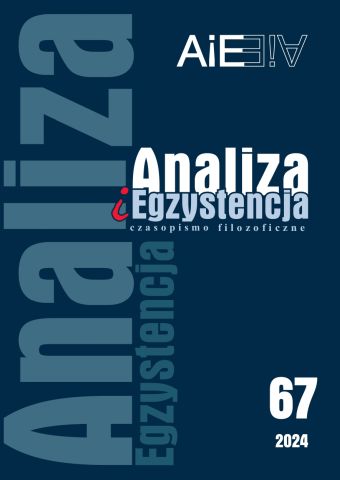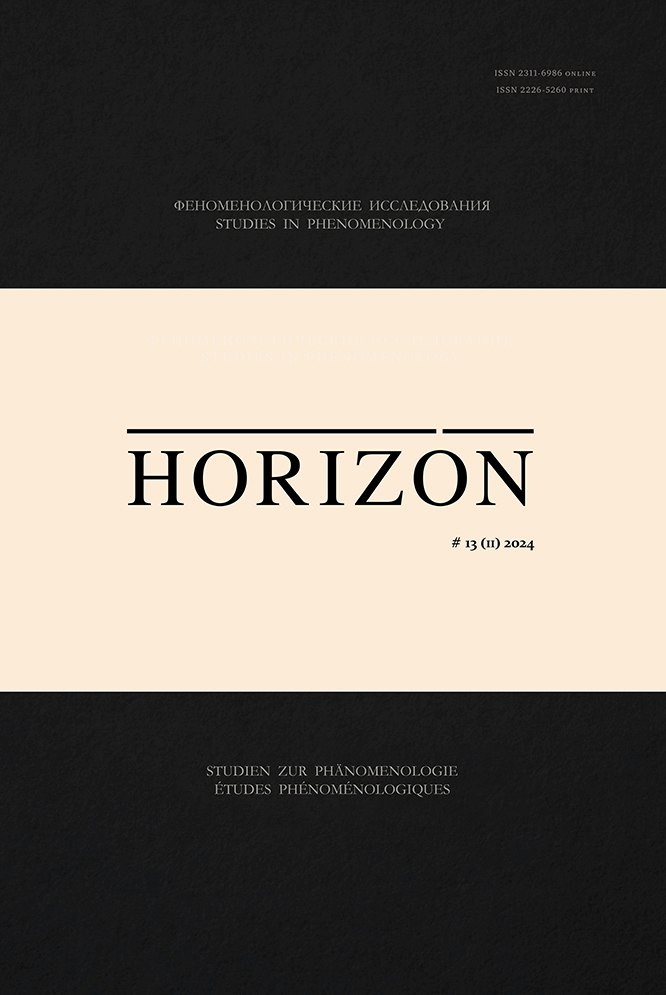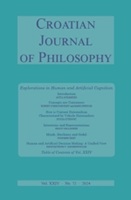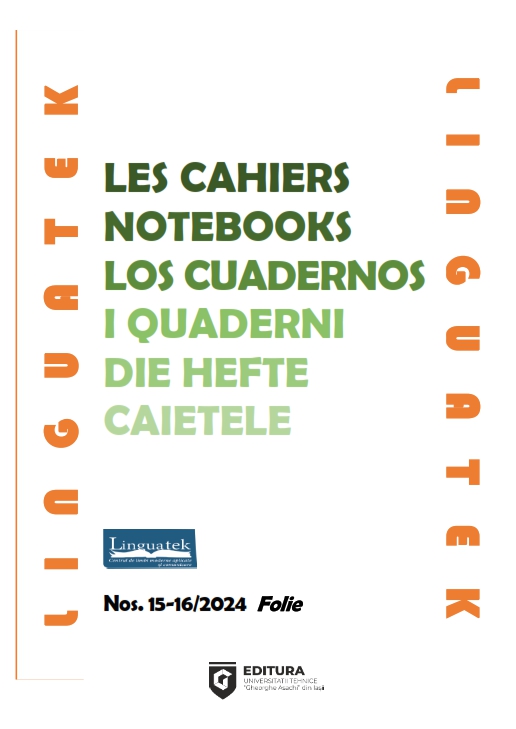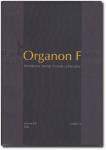
Ryle and Marx on Absurdities
The aim of this paper is to show that Karl Marx’s critique of political economy can be interpreted as a critique of what philosophers have termed “category-mistakes”. Therefore, I first turn to the origins of this term in Gilbert Ryle’s “Categories”, to further developments in “Philosophical Arguments” and in P. F. Strawson, as well as to W. H. Walsh’s approach to categories, to establish a workable meaning of the term “category-mistake”. In the second part, I briefly discuss some of the previous uses of this term in exegeses of Marx. Based on Marx’s writings and D. Sayer’s work on Marx’s methodology, I then explicate the meaning of Marx’s term “economic category”. Finally, I arrive at an interpretation of Marx’s critique of economic theories as an analysis concerned with the improper use of theoretical concepts. By way of conclusion, I offer some general remarks on one important aspect of critique in Marx and in social science in general.
More...

